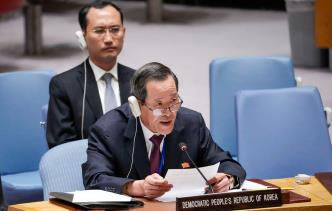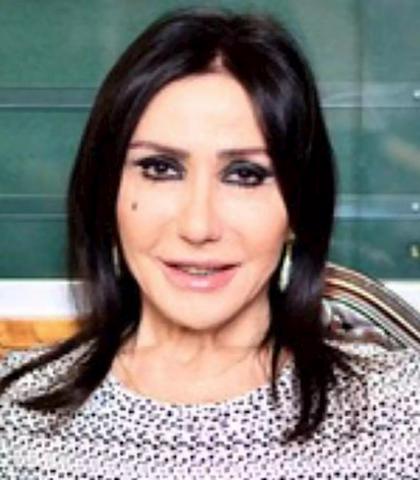
Turkish President Recep Tayyip Erdogan has said that, should there be an escalation of hostilities as a result of the American missile attack on the Syrian chemical weapons installations, Turkey is planning to neither sever its alliance with the US nor the strategic relations it has developed with Russia or its cooperation with Iran.
This slightly apologetic statement came immediately after Turkey’s strong support for the American missile attack, and was probably needed to dispel Moscow’s misgivings on whether Ankara is now distancing itself from Russia. The Russian media did not waste time in joining Turkey’s effort to trivialize the possible negative impact of Erdogan’s statement. Despite its conciliatory tone, one may presume that Moscow has taken note of Turkey’s oscillating attitude.
Turkey’s announcement that its relations with all sides will remain unchanged is a welcome attitude. It should have adopted this attitude since the beginning of the Syrian crisis and maintain a balanced policy, equidistant to all actors. It need not sever its relations with the US as a result of their disagreement on Syria, but it has to temper them.
Turkey used a defiant narrative in its address to the US when the latter refused to stop its support for the Kurdish fighters. However, on April 14, it did the opposite of this by supporting genuinely, even enthusiastically, the US-led coalition’s missile attack. Probably because of its unrelenting eagerness to unseat Bashar Assad, Turkey did not even wait for the outcome of a survey by the experts of the Organisation for the Prohibition of Chemical Weapons to be published.
The Kurdish issue is likely to stay as a major reason for discordance between Turkey and the US.
Yasar Yakis
Excessive zeal has to be avoided in diplomacy. Turkey did not need to use either narrative of criticizing the US or supporting its missile attack so enthusiastically. It will become more effective by giving up its megaphone diplomacy and substituting it with silent diplomacy.
The Kurdish issue is likely to stay as a major reason for discordance between Turkey and the US. An unimportant but indicative example shows that the facts in the field are assessed differently by the two state actors. On April 3, US Special Presidential Envoy for the anti-Daesh coalition, Brett McGurk, alluded to the fundamentalist character of the Syrian opposition factions that are supported by Turkey and said the reason for the US cooperation with the Kurdish fighters of the YPG was the failure of the Turkey-supported Free Syrian Army’s fighters to seize Manbij from Daesh.
If the US assessment of the facts in Syria is based on such half-truths, mutual confidence may become more difficult to establish. On this particular issue, the truth is that US flags were hoisted in several public buildings in Manbij as the FSA fighters were moving toward the city and this was the real reason they did not try to seize it — not the other way around. Such misperceptions can only guide the decision-makers to the wrong conclusions.
After several trials and failures, Turkey is now moving slowly, perhaps too slowly, toward a more realistic policy in Syria. This is mainly due to its acting together with Russia and Iran. However, its ultimate goal differs extensively from these two partners. Russia is in favor of the continuation of the Syrian regime with or without Assad and Iran is fighting with all its means to keep Assad in place.
Turkey’s interests differ from the US as well. There is no sign that the US will give up its support for the Kurds, so Erdogan will sooner or later come to a crossroads with Russia, Iran and the US. Therefore, Turkey may become isolated, which may affect its domestic politics, because the Turkish parliament has decided to hold early elections on June 24.
It is difficult to predict whether Erdogan will be able to turn this isolation to his advantage in the elections by arguing that support for the continuation of the present government has now become all the more important for Turkey’s national interests.
• Yasar Yakis is a former foreign minister of Turkey and founding member of the ruling AK Party. Twitter: @yakis_yasar












